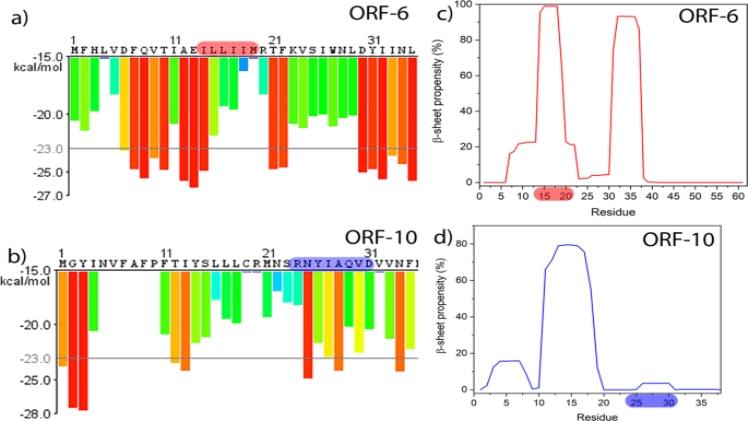There is an unquestionable connection between negative reasoning and habit-forming conduct. Pessimistic contemplations might influence certain individuals more seriously than others. Also, people battling substance misuse are especially powerless against transforming pessimistic reasoning into contorted contemplations.
These misshaped points of view frequently lead to extreme feelings. Going from extreme hyperactivity and joy to improper eruptions of outrage, the serious feelings are by and large considered “inconsistent.” When this occurs, the individual can accidentally separate themselves from a society that sees them as shaky.
How contorted considerations can prompt dependence?
What occurs next isn’t a shock. Because of multiple factors; whether self-prescription, stress, or impulsivity, many individuals begin manhandling medications and liquor as a strategy for dealing with difficult times. Even though the medications and liquor could seem like just an impermanent arrangement, they immediately become an essential source of help. Furthermore, such choices might prompt long-haul patterns of dependence and substance misuse.
Tips to combat thought contortions in addiction patterns
The following are the tips that can assist with uncovering the thought errors, and assist you with beginning overpowering them.
- Keep a day-to-day diary
You can record a day-to-day rundown and portray the occasions and feelings experienced. Or on the other hand, you can utilize an application when negative self-talk takes steps to destroy your day. The objective is to record what your contemplations and feelings mean for your activities. The thought is to search for patterns of negative considerations and subsequent activities. This will expand your familiarity with the association between distorted thinking and associations with substance use.
- Express farewell to highly contrasting reasoning
Being caught in the polarizing high contrast thought patterns keep you in an overstated reality. Yet, there is in many cases a center ground, a more adjusted perspective on a circumstance or occasion. Train yourself to ponder occasions with not so much extremity but rather more rational.
- Challenge the negative self- markers
Figuring mistakes can prompt absurdly negative meanings of yourself. In case you refer to yourself as “moronic,” “sluggish,” “a failure,” or other overly critical markers, you support the need to involve a substance to numb these pessimistic sentiments. Attempt to segregate one of the negative names you have allotted yourself and question how legitimate it is.
- Insisting self-talk
In the wake of rehearsing the above tip, supplant the negative marker with three or four positive assertions. Start to converse with yourself in a similar empowering way you would with a companion. Positive self-talk is strong and assuming you practice it enough, it can prevent you from the descending twisting that might prompt substance misuse.
How therapies can assist with mending distorted thoughts?
Regularly the people who battle with thought contortions need to look for outside help to kick their mending interaction off. The following are two of the best treatments, to begin with.
- Cognitive behavioral therapy
CBT is a momentary treatment that spotlights both the mental (considerations) and social (activities) parts of the person by assisting them with changing ways of thinking and behaving that are keeping them caught in substance misuse.
Rehearsing the new solid thought patterns learned through CBT can prompt superior activities. By supplanting contorted contemplations with reasonable reasoning, you are engaged with the capacity to isolate your considerations from reflexive substance misuse.
- Dialectical behavior therapy
DBT centers on the psycho-social parts of treatment and recuperation. By moving negative self-informing and self-analysis, DBT can assist you with changing normal mental mutilations that lead to self-curing with a substance.
DBT can be particularly useful for individuals with a dual diagnosis, like liquor abuse and wretchedness or uneasiness, as it assists them with figuring out how to manage feelings and emotional episodes all the more real.
For further details of the available treatments, you can get more info here.

